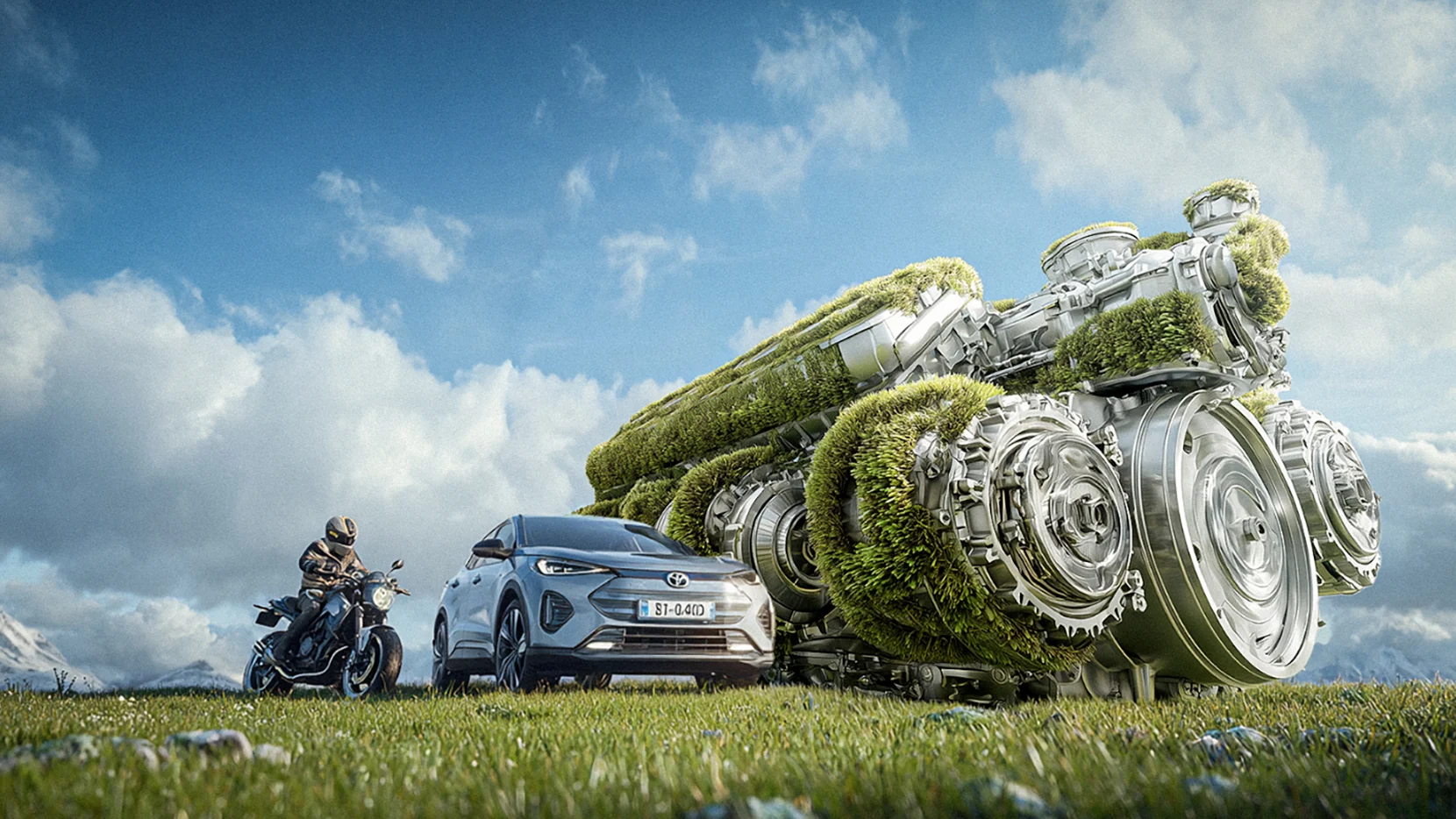Introduction – Why Fuel Blends are Changing in India
Step into any petrol station today, and you’ll notice something different on the pump labels. India is moving towards ethanol-blended petrol as part of its mission to cut carbon emissions and reduce reliance on crude oil imports. The government’s roadmap is ambitious—by 2025–26, petrol across the country is expected to be blended with 20% ethanol, a milestone better known as E20 fuel.
While this is a big step forward for sustainability, many drivers are asking the same question—what does ethanol fuel in India mean for my vehicle’s mileage and performance? Let’s break it down in simple terms.
What is ethanol?
Ethanol is a clean, renewable fuel made from plant-based sources such as sugarcane, maize, and other crops. Because it comes from natural feedstocks, it is considered more environmentally friendly compared to fossil fuels. Simply put, ethanol is alcohol—but don’t worry, not the kind you’d find in your drink.
In fuels, ethanol works as an oxygenate, which means it helps petrol burn more completely, leading to lower carbon monoxide and particulate emissions.
What is E20 fuel?
E20 refers to a blend of 20% ethanol and 80% petrol. Currently, India has rolled out E10 fuel (10% ethanol blend) in most parts of the country, and the next phase is E20. According to the Ministry of Petroleum and Natural Gas, E20 will be widely available by 2025–26. Some cities and states have already started introducing E20 pumps, giving early adopters a chance to experience it.
E20 Petrol Benefits for Performance and Environment
E20 isn’t just about reducing emissions—it offers a few performance perks as well:
- Cleaner environment: Lower carbon monoxide and greenhouse gas emissions, making it better for the planet.
- Better ride quality: Because ethanol helps fuel burn more efficiently, it may result in smoother acceleration.
- Potential performance boost: In vehicles designed or tuned for ethanol blends, E20 can actually deliver quicker throttle response and improved combustion.
E20 Petrol Mileage Impact and What You Need to Know
Here’s the part most drivers worry about—will E20 fuel affect my car’s mileage? The short answer is yes, but it depends. Ethanol has a lower energy content than petrol (about 30% less), which means that in a straight calculation, mileage may drop slightly. However, modern engines can optimise combustion, so the real-world difference may be smaller than expected.
For example, if your car currently gives 15 km/l on regular petrol, you might see 13–14 km/l on E20, depending on driving style and road conditions. While this sounds like a compromise, the environmental benefits often outweigh the marginal mileage drop.
E20 Petrol Compatibility for Your Vehicle
One of the biggest questions motorists have is: is my vehicle compatible with E20 petrol?
- Newer vehicles: Most cars and two-wheelers manufactured after April 2023 in India are E20-compliant. Manufacturers such as Maruti Suzuki, Hyundai, and Honda have already started producing engines that can handle E20.
- Older vehicles: If your car or bike is a few years old, it may still be running best on E10. Using E20 in a non-compatible engine could cause issues such as corrosion of fuel system components or reduced efficiency.
- How to check: Look at the owner’s manual, fuel cap, or manufacturer’s website. Many brands now publish E20 compatibility lists.
E20 Fuel Maintenance Tips for Better Performance
Switching to ethanol blended petrol doesn’t have to be complicated, but your vehicle may need a little extra care:
- Fuel system care: Ethanol can attract moisture, so it’s important to keep your fuel tank from running too low.
- Regular servicing: Stick to scheduled maintenance—clean injectors, check spark plugs, and monitor engine oil.
- Use a fuel additive: This is where Milex can make a difference. By keeping injectors clean and reducing carbon deposits, it helps counter the side effects of ethanol blends, ensuring smoother combustion and protecting mileage.
Conclusion – what drivers can expect
Ethanol fuel in India is here to stay, and E20 is the next big step. While you may notice a slight dip in E20 petrol mileage, the long-term benefits—cleaner air, reduced dependence on imports, and potential performance improvements—are worth it.
If you’re unsure about your vehicle’s E20 fuel compatibility, check with your manufacturer and be proactive about maintenance. And to make the transition smoother, consider using Milex – your partner in keeping engines clean, efficient, and ready for the future of fuels.
FAQs
1. What is E20 fuel?
E20 fuel is a blend of 20% ethanol and 80% petrol, part of India’s transition to greener energy.
2. Will E20 fuel affect my car’s mileage?
Yes, mileage may drop slightly because ethanol has lower energy content than petrol, but the difference is usually manageable.
3. Is my vehicle compatible with E20 petrol?
If your car or bike was manufactured after April 2023, it is likely E20-ready. Always check with your manufacturer.
4. Does E20 fuel improve performance?
In vehicles designed for ethanol, yes—it can improve acceleration and combustion efficiency. For others, the effect may be neutral.
5. Where can I find E20 fuel in India?
E20 is being rolled out in phases across India. Many cities already have pumps, and nationwide coverage is expected by 2025–26.
